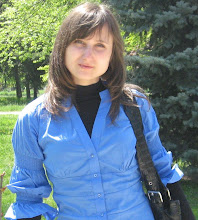Form
This form is composed of two elements: the future perfect of the verb to be (will have been) + the present participle of the main verb (base+ing):Subject | will have been | base+ing |
We | will have been | living |
Affirmative | ||
| I | will have been | working |
Negative | ||
| I | won't have been | working |
Interrogative | ||
| Will | I have been | working? |
Interrogative negative | ||
| Won't | I have been | working? |
Example: to live
Affirmative | Negative | Interrogative |
| I'll have been living | I won't have been living | Will I have been living? |
| You'll have been living | You won't have been living | Will you have been living? |
| He'll have been living | He won't have been living | Will she have been living? |
| We'll have been living | We won't have been living | Will we have been living? |
| You'll have been living | You won't have been living | Will you have been living? |
| They'll have been living | They won't have been living | Will they have been living? |
Function
Like the future perfect simple, this form is used to project ourselves forward in time and to look back. It refers to events or actions in a time between now and some future time, that may be unfinished.Examples:
- I will have been waiting here for three hours by six o'clock.
- By 2001 I will have been living here for sixteen years.
- By the time I finish this course, I will have been learning English for twenty years.
- Next year I will have been working here for four years.
 Chisinau Time
Chisinau Time
Niciun comentariu:
Trimiteți un comentariu